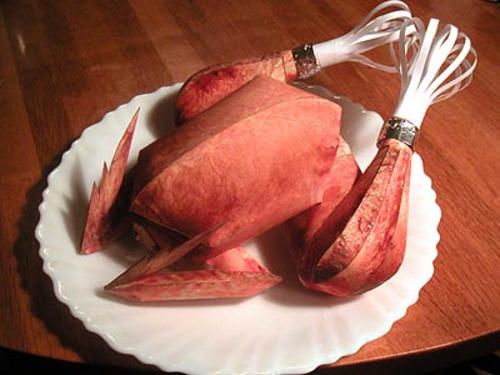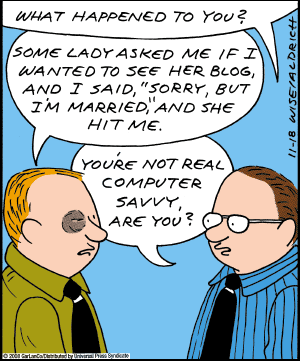
Created by Wolfgang Beyer with the program Ultra Fractal 3.There are also some great images on flickr from the New York Public Library, and LIFE magazine has posted amazing photos on Google.
Licensed by Creative Commons -
Teaching resources and orientation information.

Created by Wolfgang Beyer with the program Ultra Fractal 3.There are also some great images on flickr from the New York Public Library, and LIFE magazine has posted amazing photos on Google.
Licensed by Creative Commons -
 Today's book club discussion will be treating this book (see wikipedia for summary). It's won the 2008 Pulitzer prize for fiction and the National Book Critics Circle award.
Today's book club discussion will be treating this book (see wikipedia for summary). It's won the 2008 Pulitzer prize for fiction and the National Book Critics Circle award. 

NEW YORK – StoryCorps, the most ambitious oral history project ever undertaken, will launch the first annual National Day of Listening on November 28, 2008. On Thanksgiving, Americans and loved ones gather to share a meal, express their gratitude and reminisce. StoryCorps is asking Americans to linger a little longer in the Thanksgiving spirit and honor a loved one by conducting an interview about his or her life.
 This site provides more detail and audio as well as links to a guide to helping you through the interview as well as how to archive and/or share it. In addition to being a great idea for family and personal reasons, it could be a foray into podcasting. If your audio is 8 minutes or less and relates to content taught here at the school, or pedagogy/andragogy, we'd post it on our podcast. You will greatly appreciate the time you spend doing this - regardless of when or if you post it.
This site provides more detail and audio as well as links to a guide to helping you through the interview as well as how to archive and/or share it. In addition to being a great idea for family and personal reasons, it could be a foray into podcasting. If your audio is 8 minutes or less and relates to content taught here at the school, or pedagogy/andragogy, we'd post it on our podcast. You will greatly appreciate the time you spend doing this - regardless of when or if you post it. This post will be a place to respond to ideas from those who attended our session.
This post will be a place to respond to ideas from those who attended our session.